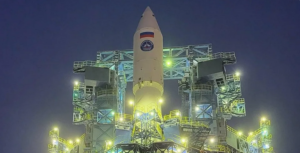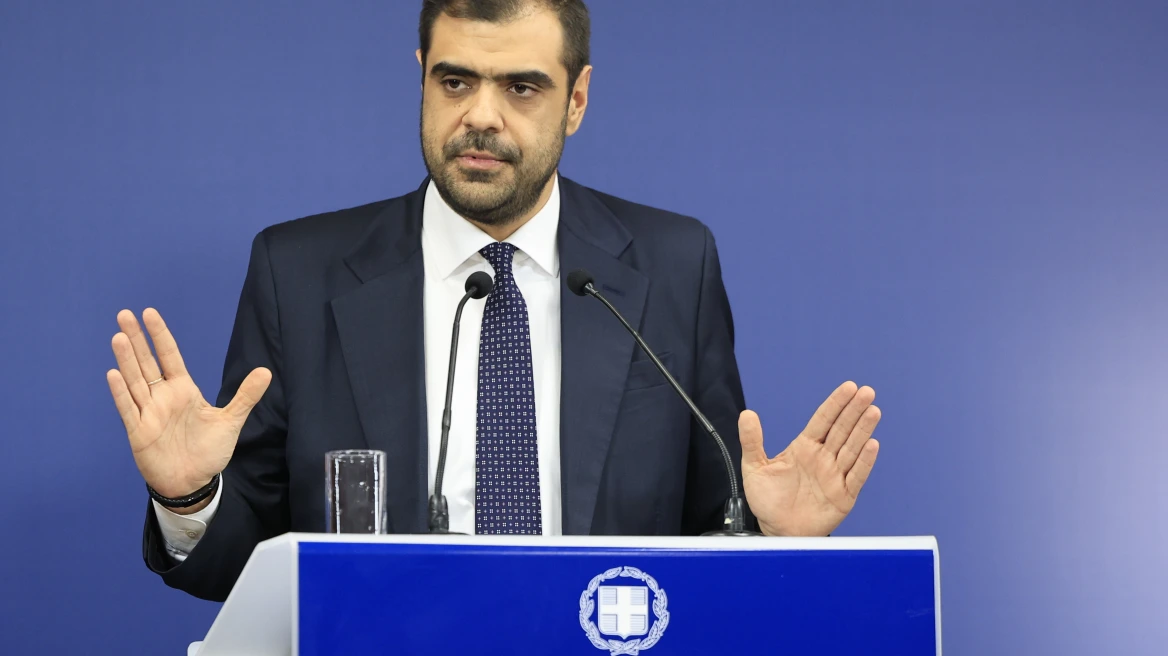The rocket was part of a test conducted by the Russian space agency last week. While it was hailed as a success initially, the upper part of the rocket failed to properly burn, and a section of the spacecraft is now tumbling back down to Earth.
The development of Russia’s Angara A5 rocket has already faced difficulties. It had a successful first flight in 2014, but did not launch again until another successful flight in 2020 – the latest launch was the follow-up, and the last of its test flights saw it mounted with a new upper stage.
That upper stage, named Persei, was supposed to carry a dummy payload into a stable and higher orbit, as it might when it is used for full launches. But that did not happen, and the Persei stage and its payload began falling back down to Earth.
Trackers show the object is at about 140,000 metres, and plunging fast. Its speed and the uncontrolled nature of the descent mean that predicting where and when it might finally end up is difficult.
Read more: The Independent
Ask me anything
Explore related questions





